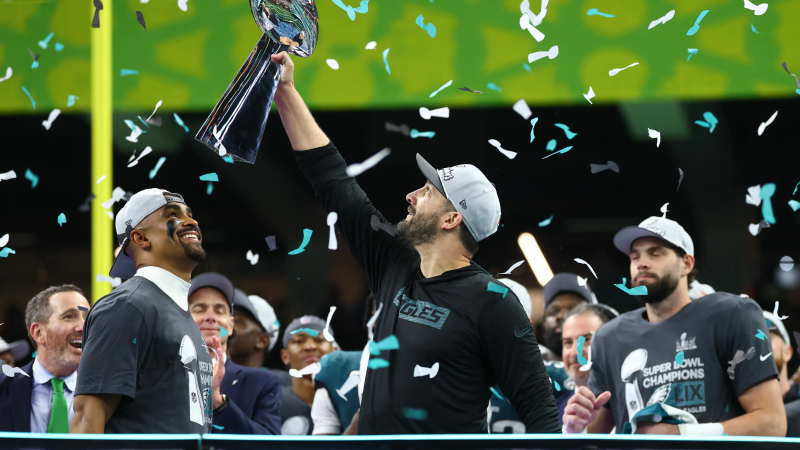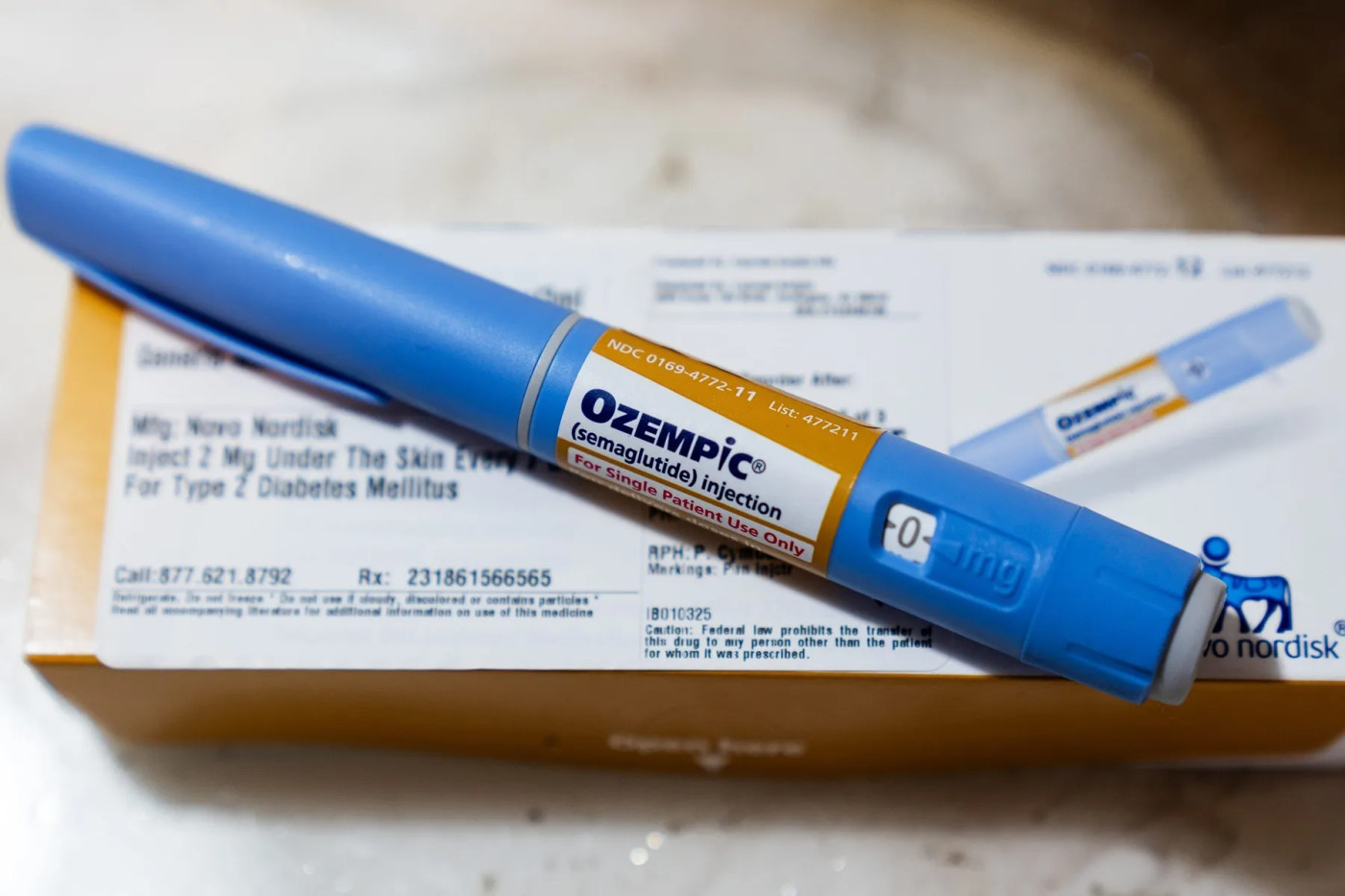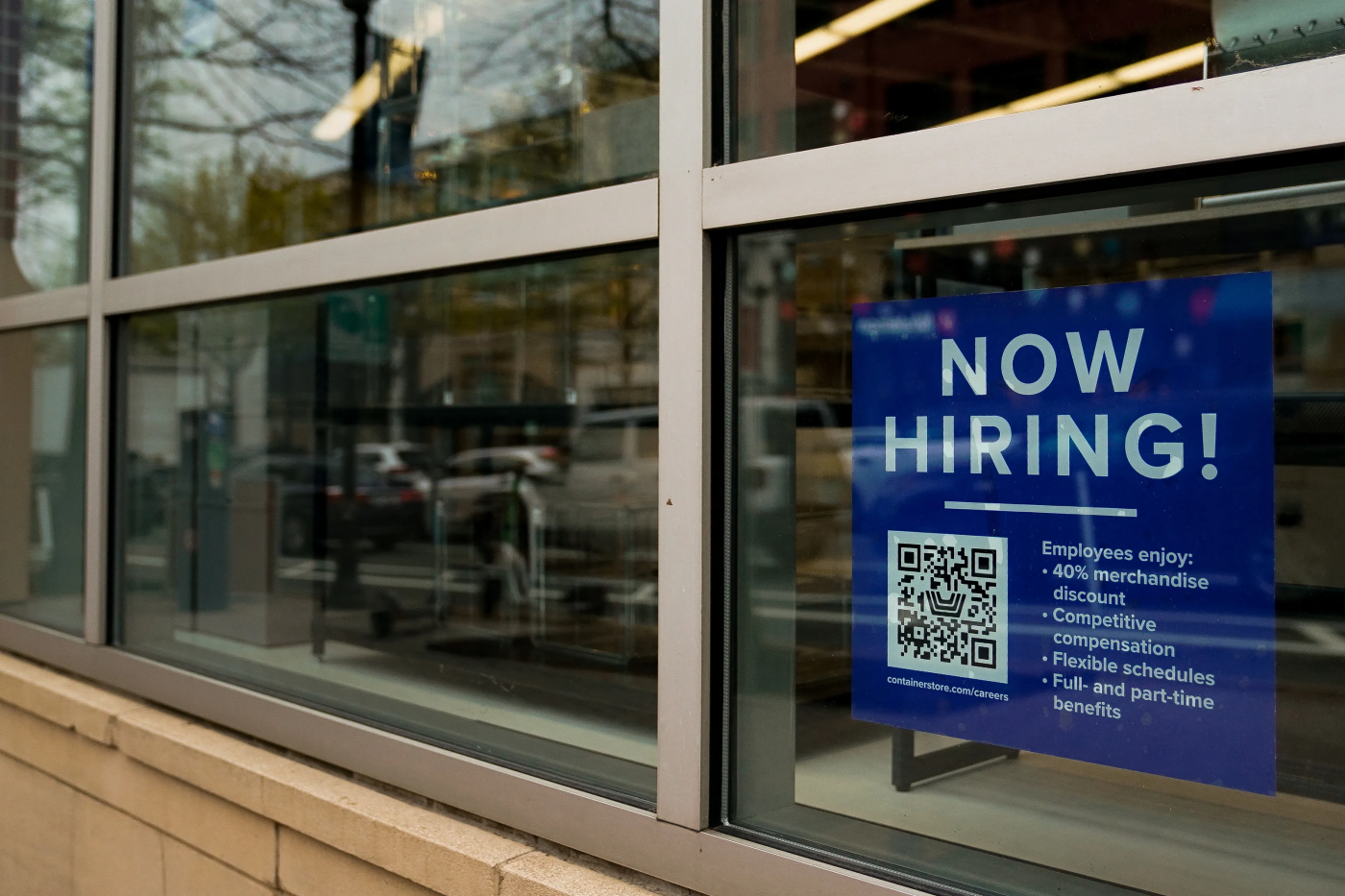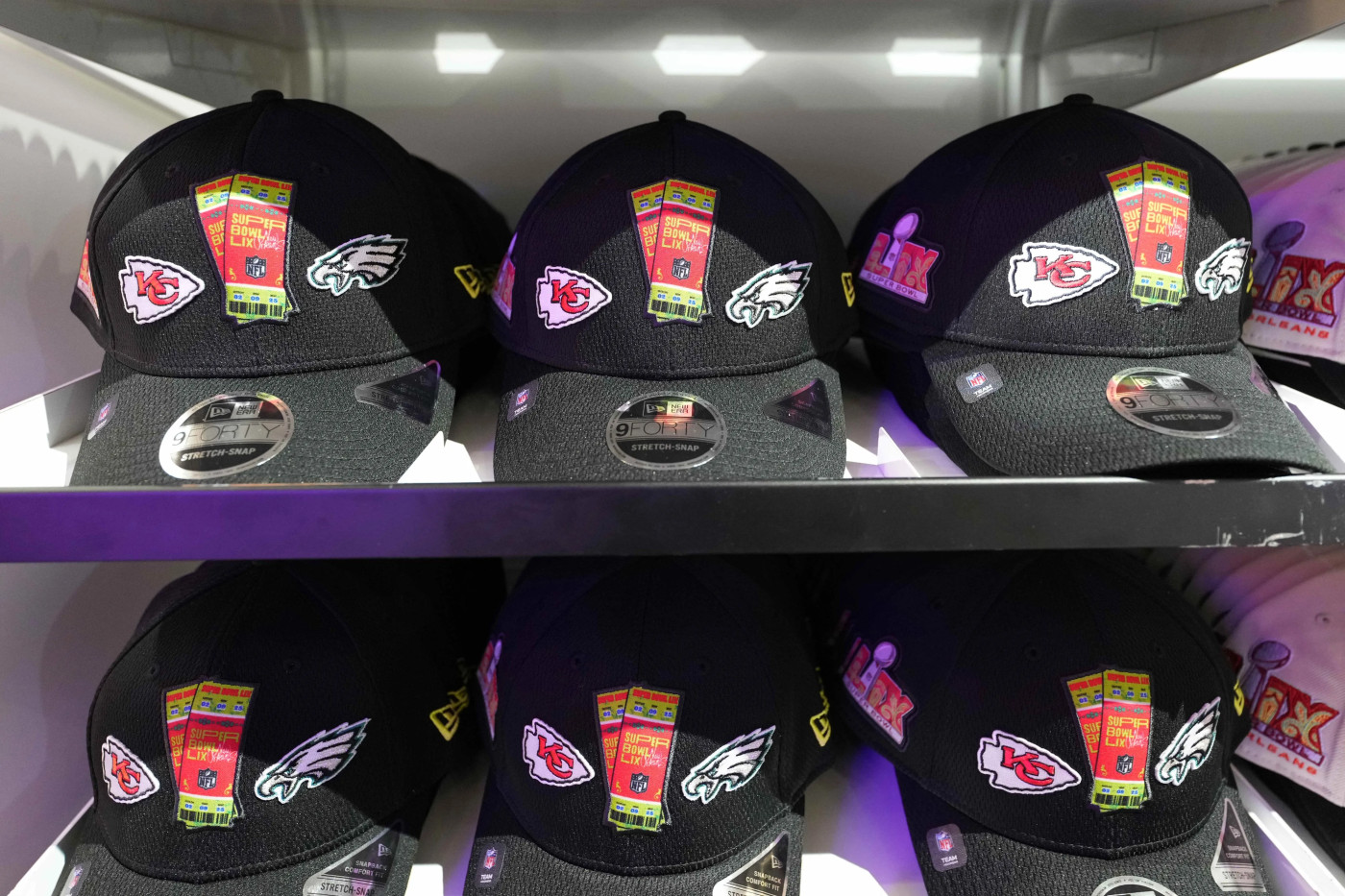
What happens to Super Bowl losers' championship merch? Here's where it ends up.
- Unsold Super Bowl merchandise is donated to charities rather than being sold at a discount.
- The NFL partners with Good360 to distribute the merchandise to people in need around the world.
- The donated items help people in need while also keeping the merchandise off the market and protecting the NFL brand.
Super Bowl 59 is done, and the Lombardi Trophy is in the hands of the Philadelphia Eagles instead of the Kansas City Chiefs a third time in a row, as many fans are donning jerseys and gear with their dedication on display ‒ and looking to purchase new ones declaring a favorite team's champion status.
The NFL usually sees a bump in merchandise sales, such as apparel and collectibles, as playoffs begin, Joe Ruggiero, NFL senior vice president for consumer products, told USA TODAY. "Fans want to express their fandom, especially for clubs that haven't had recent success."
Merchandise specific to the teams in NFC and AFC championship games and, of course, the Super Bowl is especially popular.
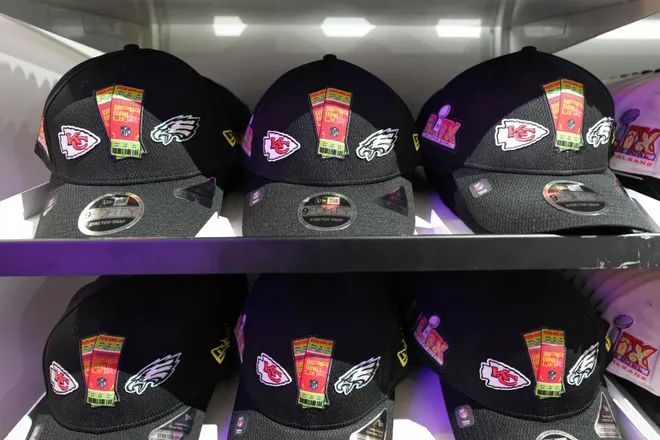
"A lot of fans that are hosting or going to a Super Bowl party want to have something that is new and current, from an apparel standpoint," Ruggiero said. "Our jersey business will be incredibly strong coming into the Super Bowl."
The NFL will collaborate with artists to highlight the teams in each Super Bowl, as well as the city when the big game is played, Ruggiero said.
Need a break? Play the USA TODAY Daily Crossword Puzzle.
While gear is created in advance for an outcome favoring either team, only one can win.
Where unsold merchandise goes
So, what happens to unsold merchandise after the playoff games and the Super Bowl? The items, particularly those preprinted for the losing team, are donated.
For over a decade, the NFL has partnered with Good360, a charitable organization based in Alexandria, Virginia, to help distribute donated goods and unsellable apparel. The collaboration between the NFL and Good360 began with a recommendation from Nike, with which Good360 had previously worked.
"We have over a thousand nonprofits that we work with," said Good360 CEO Cinira Baldi. "We receive donated goods and items, and then we partner with nonprofits throughout the U.S. and internationally to distribute those products to communities and individuals that are in need."
Halftime show review:Kendrick Lamar's fierce Super Bowl halftime show elevates Drake feud, makes history
The NFL will collect from stadium stores and retailers unsellable merchandise, such as T-shirts, sweatshirts, hats, towels, and other items pre-printed for what ends up being the losing teams from the AFC, NFC and Super Bowl games, and Good360 will distribute to their network of global nonprofits.
"We clearly want these products to be utilized, but we don't want the products to be popping up for sale on a platform, and we don't want to have a spotlight on the losing team in that way," Ruggiero said. "The clubs wouldn't want to be a part of something like that."
The NFL wanted to get use out of the products in a sustainable way, even if they were unsellable in the U.S., Ruggiero said.
"Good360 will work on our behalf to select nonprofit partners in these countries so that we're not disrupting the local economy and we're making sure that we're delivering the product to the places where it's needed most, and then also doing it in a way that's responsible from a brand protection standpoint," Ruggiero said.
More:Chiefs. Patriots. Yankees. Why do we always come to hate sports dynasties?
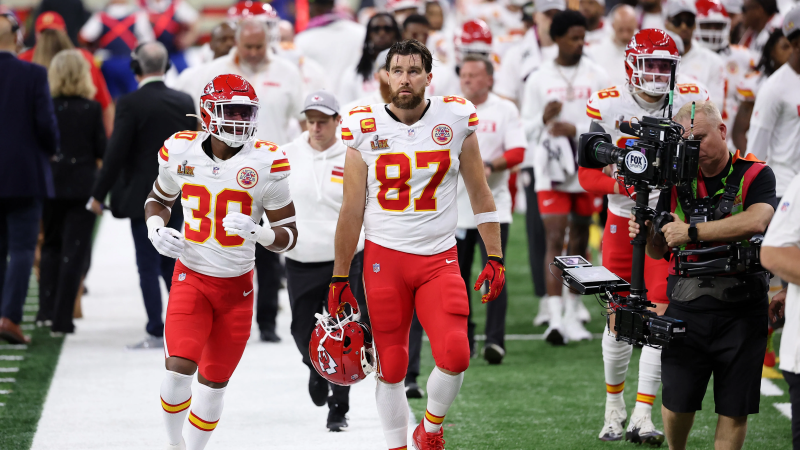
Thousands of items are distributed annually ‒ about 1,500 pieces of apparel and 500 pieces of headwear, Ruggiero said ‒ and have been sent to countries such as Ukraine, Mongolia, Georgia, Estonia, and Latvia in previous years.
Baldi said that the countries that receive the unsold merch appreciate the items. "Anytime we can move products and goods into communities where people don't have access, there's a lot of gratitude."
The partnership and the work they are doing is important "because there are a lot of people internationally who don't have access to basic needs, basic things like clothing," Baldi said. "To have a community and a network from the U.S. be able to give back and help communities in other places around the world is, in my opinion, one of the most powerful things that we can do as human beings in our country."
